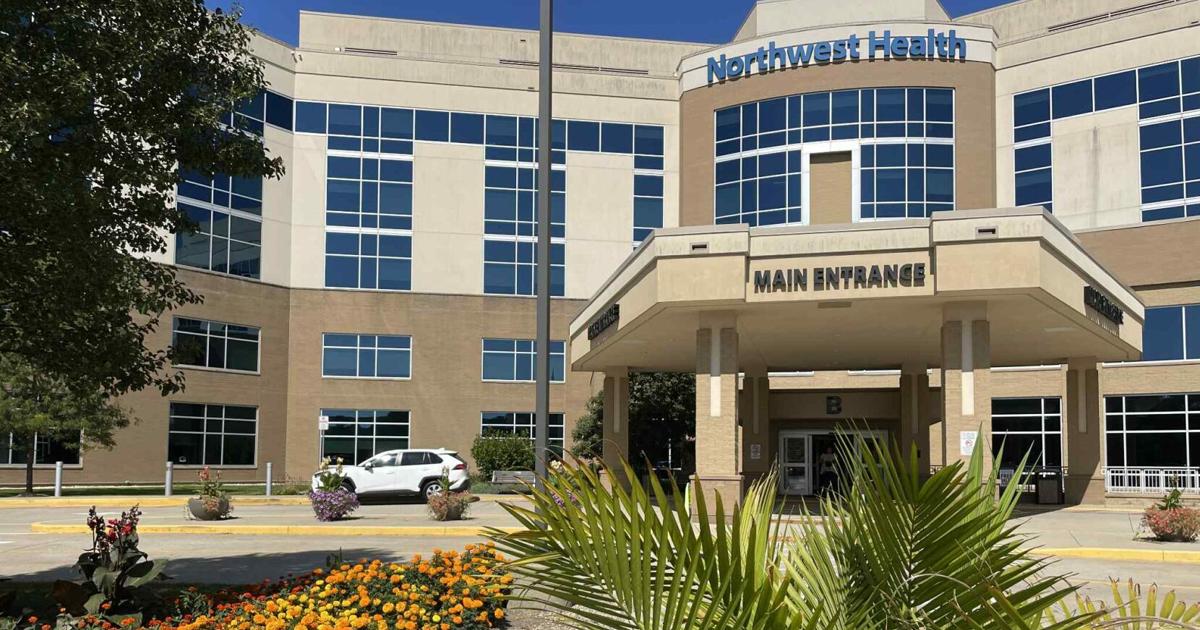Concerns about the operational effectiveness and quality of care at Northwest Health — Porter in Valparaiso have been raised by both healthcare workers and patients. The feedback, stemming from a recent column discussing the hospital’s challenges, highlights the urgent need for improvements in a system striving to regain its credibility.
Dr. Thomas Rohs, the interim CEO of Northwest Health — Porter, acknowledged the hospital’s goal of fostering an environment that promotes excellence. He stated, “The whole idea is to create an environment where you expect and support excellence.” Rohs emphasized that this requires assembling a skilled team and equipping them to provide compassionate and efficient care.
Despite these intentions, numerous current employees have expressed discontent. One healthcare professional shared, “We employees fight to give good care to our patients, and I think we succeed most of the time despite what we have to work with.” Many staff members feel their appeals to leadership have fallen on deaf ears, leading to frustration and a sense of futility.
Grappling with the repercussions of being part of a for-profit system, the hospital’s association with Community Health Systems, which acquired Porter County’s hospital in 2007, has come under scrutiny. Critics argue that prioritizing profit over patient care undermines the hospital’s ability to serve the community effectively. Pat Terrell, a retired healthcare professional with extensive experience, remarked, “Everything relates to the ability of the hospital to turn a profit.” She noted that the lack of a fully functional hospital poses a significant issue for the growing community of Valparaiso.
Terrell further highlighted the deficiencies in staffing and the quality of care, particularly for uninsured or under-insured patients. “We all need to take this seriously,” she urged, reflecting the sentiments echoed by many who reached out to discuss the hospital’s operational struggles.
The dissatisfaction among staff and patients is palpable. One direct-care provider stated, “I cannot believe the complete lack of regard for safety and quality care.” Employees, fearing for their jobs, reported working short-staffed and feeling overwhelmed by management changes, with at least four CEOs serving since the new facility opened.
Despite the current complaints, Northwest Health — Porter has recently taken steps to address staffing and operational challenges. Rohs mentioned that new doctors and nurses have been hired, alongside filling leadership positions. He remarked, “This environment takes a long time to build,” acknowledging the patience required from both employees and patients during this transition.
Yet, patients have expressed frustration regarding their experiences. One noted the repetitive paperwork required at every visit, stating, “No other hospital within 100 miles is like that.” To address such concerns, Rohs announced that the hospital has invested millions to upgrade the registration system, aiming to enhance patient experience and continuity of care.
The impact of hospital issues extends beyond patient care, affecting the local economy. The Indiana Hospital Association reported that hospitals in Indiana handle approximately 640,000 inpatient admissions and 2.6 million emergency department visits annually. Furthermore, hospitals contribute over $63 billion to the state’s economy in 2024 through jobs, wages, and spending.
As the situation at Northwest Health — Porter unfolds, the need for a balanced approach that prioritizes both patient care and operational profitability remains critical. In the coming weeks, further investigation into these issues will be conducted, exploring how they mirror challenges faced by other healthcare systems in the region.
Dr. Rohs has expressed a willingness to showcase the efforts of direct-care professionals dedicated to improving the hospital’s reputation. However, many employees remain hesitant to share their stories due to fears of repercussions. The commitment to change is there, but the journey toward restoring trust and delivering quality care continues.








































































